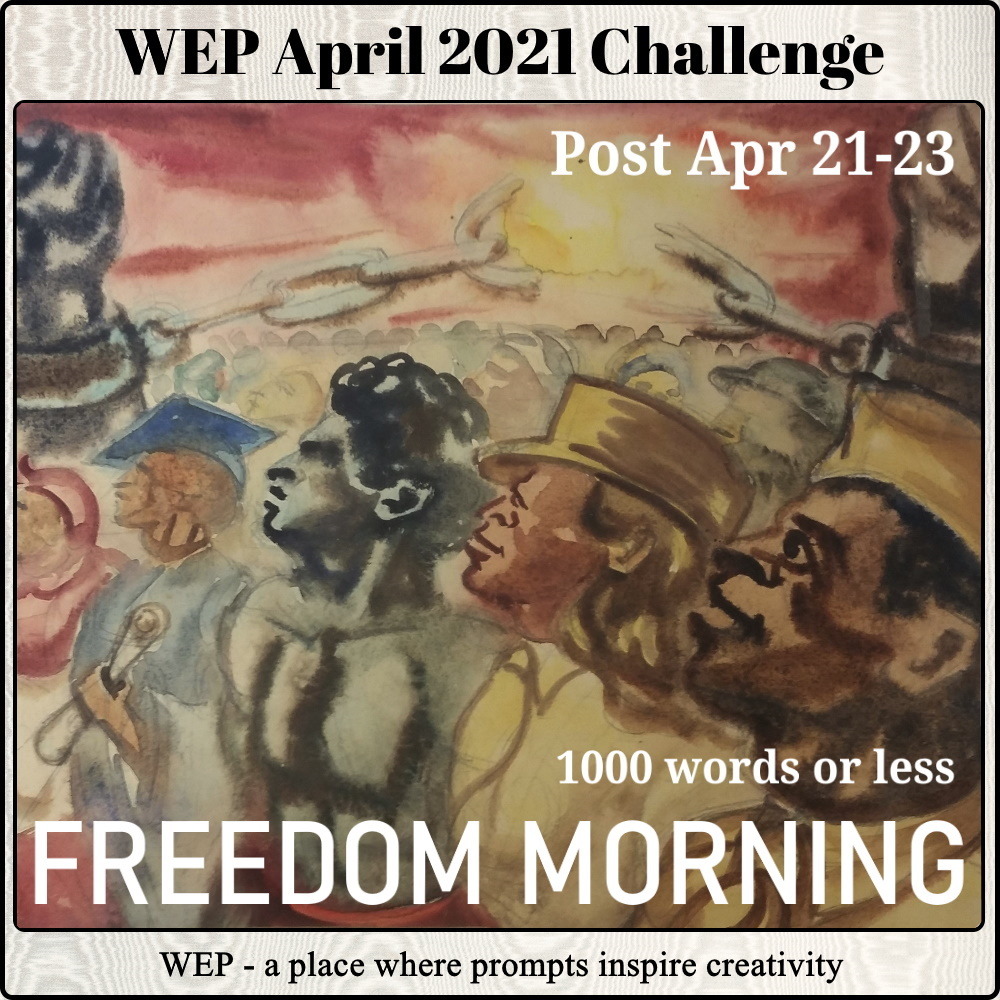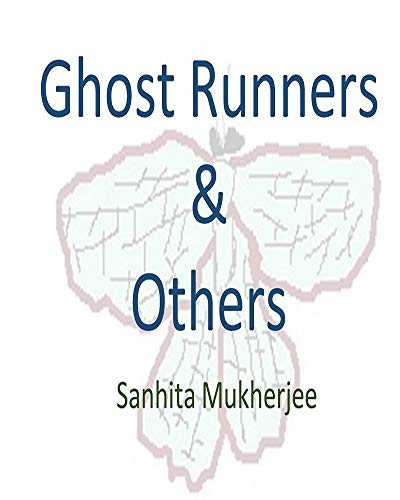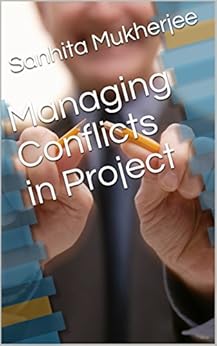 |
| From, "Behind the Scene or Thirty Years of |
~~~~~~\\\\\\\~~~~~~~
Woke
“Hey!”, Lizzie's ghost yelled at Okoro.
Before the ghostly shriek could touch
Okoro’s eardrum, his hands threw a Molotov cocktail to the dress shop across
the street.
Lizzie's ghost loved the shop. Tamara
built it at the intersection of North Second Street and Lucas Avenue. Tamara
even named it “First Lady Lincoln’s Choice”. Thus, she paid homage to the
legacy of her great grandmother, Prissy.
Lizzie herself taught Prissy, a slave
girl then, her cutting and fitting techniques, which were later adored by the
First Lady Mary Todd Lincoln. Then Lizzie used to live in Saint Louis Missouri,
married to James, suffocated by his abuses, excesses and lies.
Prissy passed her learnings to her
daughter and granddaughters. Tamara has learned from her grandmother, Josephine,
Prissy’s great granddaughter. Tamara’s exceptional sartorial skill fused with
her intelligent business moves reminded Lizzie of herself.
Tamara’s burning store gave Lizzie’s
ghost the feeling of bleeding welts she got from flogging by Mr. Bingham. Cost
of the burned asset might be recovered from insurance but would miniscule
fragments of moments of Tamara’s enthusiasm constituting conspicuous countable
years into this business be recovered?
Lizzie’s ghost mustered some dust, took
form of an oldie, appeared in front of Okoro before he threw another bomb.
Okoro failed to shove her off. He groaned in anger.
Lizzie’s ghost asked, “Why are you after
this shop?”
Okoro replied, “They’ve fired my friend
Keira …”
Lizzie’s ghost expressed concern, “What
did she do?”
Okoro explained, “She took money from
the register, picked up a dress and a bonnet; she’s working towards repaying;
but they’re so impatient! The owners drive fancy cars, they’re wealthy; they
could’ve waived Keira’s a few borrowings in a year. That’s how the rich become
richer, depriving the poor; this country and its capitalism - Urgh!”
Lizzie’s ghost asked, “Do you understand
that Keira not only borrowed from the store owner but also from her poor
colleagues? If the owner loses money for Keira's and other employees’
borrowings then they might have to close the store; then there wouldn’t be any
employment for Keira and her ilk.”
Then the ghost added, “This country and
its capitalism let slaves like Horace King and me buy our freedom, became
respectively representative to the State Assembly and Modiste and Confidante to
the First Lady. Even before being manumitted, Horace was so influential because
of his building skills that the State of Alabama, later a confederate state in
deep south, amended laws, much before
the Proclamation of Emancipation, so that Horace could stay in Alabama and
build. Don’t they teach these in schools?”
Okoro stalled her, “Don’ know. (I)
haven’t been to school here. But traditionally people in this country are
racist. White cops kill black people. White folks crave here to enslave the others.”
Lizzie's ghost cast a mirage depicting
Horace King, erstwhile slave, whipping John Sella Martin, his slave then,
though both had African ancestors. She narrated how Martin endured and escaped
slavery and became an abolitionist preacher.
Okoro shrugged, “They’re born here. They
never felt estrangement, like me, from mother, five younger siblings flying
thousands of miles away from Nigeria.”
Lizzie's ghost quipped “My friend
Henry's grandfather was enslaved in Africa itself, by losing a war to another African
tribe and, was, later, sold to the Europeans by that tribe.”
She paused for few moments and added, “There's
famous Sengbe Pieh, also known as Joseph Cinque, member of Mende People of
today's Sierra Leone. Both Henry's grandfather and Cinque were enslaved before being
transported as cargo, in brig of ship to the United States, unlike your travel
by airplane. They're estranged, too.”
She continued, “My friend Frederick Douglas
was separated from his mother by their owner …"
Okoro grew impatient and reflected his
grudge further, “They weren’t betrayed by their own father. My father left my
mother and us. Until my maternal uncle prodded and goaded me to come here on a
diversity visa, I didn’t know that my father could've sponsored our visas! But
he never intended.”
Lizzie’s ghost tried to appease Okoro,
"So what? I's born slave in this country; my own father, a free White man,
made me his slave by some 1662 Virginia law. I didn't give in to feelings of
betrayal, bitterness. Instead, I built my life, helped numerous others build
their respective lives ...”
Okoro protested, “How can I build life
here? Everywhere they ask for racial identity, generously called Affirmative
action, basically identifying people by their skin tone or DNA make-up …
grossly racist.”
Lizzie’s ghost argued, “Everywhere
people are different. Igbo dominated Biafra tried to be separate from
Hausa-Fulani dominated Nigeria. Minority tribe, Ibibio doubted their stake in
proposed Biafra.”
Okoro whimpered, “It’s not about
demography. I hate White people. A white woman got my father after his arrival
here …”
Lizzie’s ghost reasoned, “It’s personal
then. You’re neither doing Keira a favor nor taking part in a social movement. Just
because Associated Press sold you a narrative about victimhood of racism
through a South African immigrant of mixed race, you’ve taken part in
fashionable violence under peer pressure, driven by your urges of vengeance.”
The ghost continued, “My time saw that
violence is White man’s way. John Brown bled Kansas, raided Harper Ferry Arsenal
for slave revolution. But he was of English, Welsh and Dutch origin. White
man’s newspaper publicized his actions.”
Then she added, “You might call me racist
for my views on John Brown and media. Won't you?”
Wee hour’s greyness covered Okoro. He
was quiet. Lizzie’s ghost begged him, “A new morning is here. Embrace it. Free
yourself from anger. Stay woke.”
Then she dissolved into thin air.
Okoro ran to his uncle’s place, finished
filling up and submitting his application form to Saint Louis Community College
for a course on telecommunication engineering; tidied himself up, went to work
in the neighborhood grocery store.
He realized, “History’s the witness of both
conflicts and construction. It’s my choice to take a side and define myself.”
















